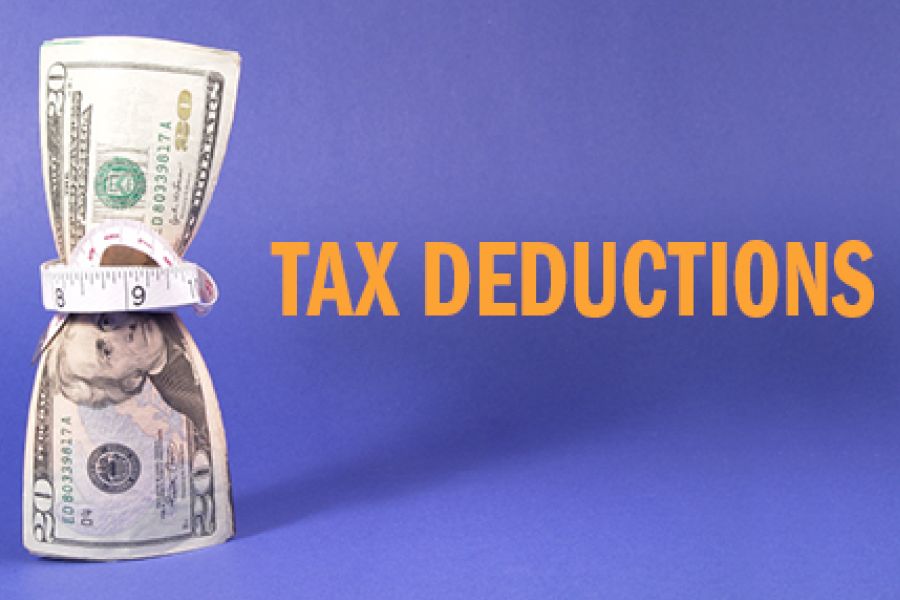Incentive stock options (ISOs) are a popular form of compensation for executives and other employees of corporations. They allow you to buy company stock in the future at a fixed price equal to or greater than the stock’s fair market value on the ISO grant date. If the stock appreciates, you can buy shares at a price below what they’re then trading for. But careful tax planning is required because of the complex rules that apply. Tax advantages abound Although ISOs must comply with many rules, they receive tax-favored treatment. You owe no tax when ISOs are granted. You also owe no regular income tax when you exercise ISOs. There could be alternative minimum tax (AMT) consequences, but the AMT is less of a risk now because...





